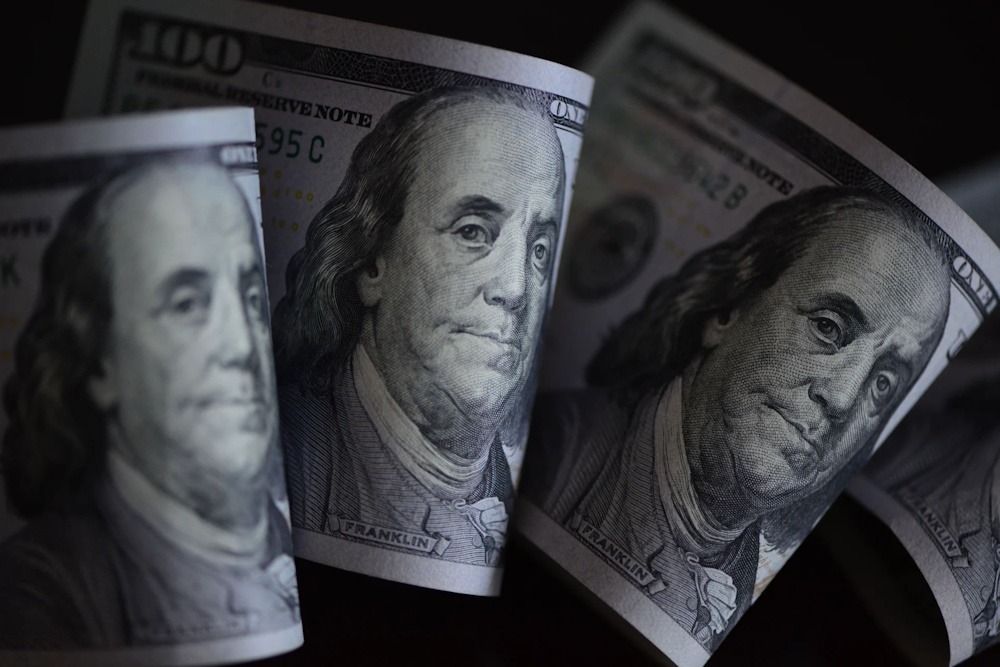
The dollar saw a notable drop, while European stocks rallied, after a remark from an official of the incoming U.S. administration suggested that President-elect Donald Trump would avoid imposing tariffs during his inauguration, set for later that day. European equity markets experienced significant increases in afternoon trading after Trump would postpone the implementation of import tariffs following his inauguration later on Monday. The pan-European STOXX 600 saw an increase of 0.3%, while the main indices across the region rose by about 0.5%. MSCI’s All-World index has recently increased by 0.4%. The dollar saw a notable drop, falling by as much as 1.3% at one point, especially against the currencies of the United States’ major trading partners, such as the Canadian dollar, the Mexican peso, the euro, and China’s yuan. Trump is scheduled to take the oath of office at noon Eastern Time and has promised a “brand new day of American strength” during a rally on Sunday. He has heightened expectations for a swift sequence of executive orders and, in a display of his unpredictability, launched a digital token on Friday, which soared past $70 before falling back to around $50 as traders became uneasy.
With a U.S. holiday on Monday, the first responses to his inauguration in financial markets will probably be seen in foreign exchange, and then in Asian trading on Tuesday. As of 1518, bond yields in the Euro zone held steady. “In the past fortnight, we’ve seen two contrasting viewpoints from the new administration – the hard-liners pushing for tariffs and those favoring a more market-driven approach,” remarked Frederik Ducrozet. “The belief that discussions can take place is important.” Nonetheless, it lacks clarity on the ultimate results, and I will seek details about the range of tariffs and the industries that will be impacted,” he remarked, adding: “The potential for a gradual strategy is an encouraging sign.” The dollar fell by 1.15% versus the Canadian dollar, closing at C$1.4319, and dropped 1.4% against the Mexican peso.
Trump has suggested possible tariffs of 10% on worldwide imports and 60% on goods from China, in addition to a 25% import surcharge on items from Canada and Mexico. Trade experts caution that these actions may hinder trade flows, raise expenses, and trigger retaliatory measures. The yuan showed a notable increase in the offshore market, leading to a nearly 1% drop in the dollar for the day, which is now at 7.274. The Australian dollar, serving as a more liquid alternative for the Chinese currency, rose by 1.2% on the day, hitting $0.6262. The euro rose by 1.3% today, hitting $1.0401, representing one of its most notable one-day surges since late 2023. Bitcoin hit a high of $109,071.86 in early European trading, then pulled back to around $106,030.10, maintaining a 1.2% gain for the day. The biggest cryptocurrency globally has seen an increase of more than 10% so far this month.
On Friday, Trump’s new cryptocurrency experienced a significant surge, reaching nearly $12 billion in market capitalization and attracting billions in trading volume. On Sunday, the cryptocurrency linked to First Lady Melania Trump reached a market capitalization of $1.9 billion. In the commodities market, gold saw a slight rise of 0.2%, hitting $2,708 per ounce. On the other hand, Brent crude futures fell by 1.2%, closing at $79.82, whereas U.S. crude experienced a drop of 1.6%, valued at $76.62. These movements are shaped by expectations that Trump could ease limitations on Russia’s energy sector in return for a ceasefire in Ukraine.
